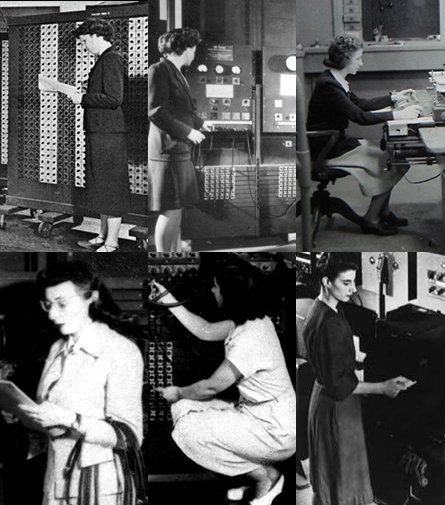
After 42
Aligned with the companies and tech needs of our time, 42 offers computer science training that meets the current and future challenges of the job market.

What happens after 42?
Make a place for yourself in the professional world
85% of the jobs that will exist in 2030 haven’t been invented yet (source Dell / IFTF). As a result, 42 does not train for specific jobs or technologies that are soon to be forgotten. Instead, the focus is on each student’s ability to reinvent themselves in order to enter the job market and make a lasting impact. The 42 curriculum enables students to acquire both general and specialised skills which make them qualified for tech jobs now and in the future.
Discover the skills developed during the training.
2022 Survey - Campus 42 in Paris
Career options after 42
Web development
Networks, infrastructure & security

Cybersecurity
Focus on cybersecurity
Cybersecurity is not just about defending against hackers. It is also about ensuring that services, websites, applications and softwares are robust and in compliance with data protection laws. IT security is one of the most comprehensive fields today, requiring both a good level of programming and a good capacity for analysis and extrapolation.
Examples of jobs
Site Reliability Engineer, Security Analyst, Cybersecurity Consultant, Security Engineer, Database Administrator, QA Engineer…

Artificial intelligence
Focus on AI
With the arrival of increasingly powerful computers, Artificial Intelligence is making strides. What used to be a sci-fi fantasy is becoming more of a reality every day with new applications. Jobs in this area are still emerging: what will they look like in a few years?
Examples of jobs
AI Architect, Machine Learning Developer, Machine Learning Engineer…
With the arrival of increasingly powerful computers, Artificial Intelligence is making strides. What used to be a sci-fi fantasy is becoming more of a reality every day with new applications. Jobs in this area are still emerging: what will they look like in a few years?
Examples of jobs
AI Architect, Machine Learning Developer, Machine Learning Engineer…

Testimonials
Alumni and companies share their experience

Geek Culture
The "Eniac Girls"
The forerunner of modern computers, ENIAC, was born in 1944… but needed humans to program it. Six young women were recruited for the task: Betty Snyder Holberton, Jean Jennings Barik, Kay McNulty Mauchly Antonelli, Marlyn Wescoff Meltzer, Ruth Lichterman Teitelbaum and Frances Bilas Spence. The “ENIAC girls” became the first female programmers in history. Their contributions were largely overlooked, forgotten or ignored until 2013. A report by Kathy Kleiman, The Computers, brings to light the contribution these pioneers have made to computing today.






